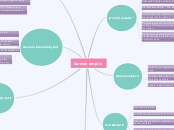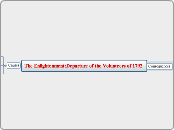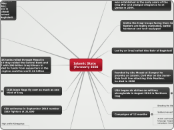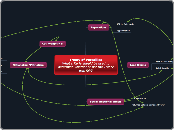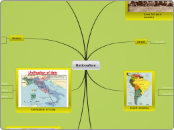por mafe osio hace 6 años
157
Fotosíntesis
During the Napoleonic Era, significant territorial changes occurred in German lands, with reforms that facilitated trade and abolished discriminatory laws. The period also witnessed a struggle for liberation from French rule.
